Shane Warne and Queen Elizabeth II lead the list of famous farewells
The passing of Queen Elizabeth II was an emotional landmark for many Australians, but the sudden death of Shane Warne was the year’s greatest jolt.
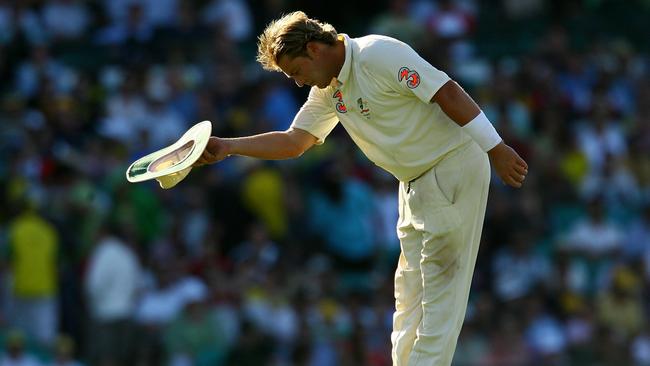
When the second Elizabethan Age ended on September 8 this year, it was far from a shock. Queen Elizabeth II had been increasingly unwell for more 12 months, since the death of her husband, Prince Philip, aged 99, in April last year.
Like the woman whose name crowns the first Elizabethan Age, our Queen was an accidental monarch. Elizabeth I was the daughter of Henry VIII and Anne Boleyn, but not his first-born child. Nonetheless, by Henry’s manipulation, his second daughter took the crown and bore it for 45 years. Queen Elizabeth II would not have become so but for the abdication of her uncle, King Edward VIII, after just 11 months in 1936.
Only two queens ruled between the first and second Elizabeths: Anne in 1702, and the redoubtable Victoria from 1837 until 1901. The latter was on the throne more than 63 years, but was queen of a federated Australia for just 21 days. Her great, great granddaughter surpassed her, to rule over Australia for an incredible 70 years.
She came to Australia 18 times, and her first long visit in 1954 cemented her in the hearts of a nation in which the word “republic” was then seldom uttered.
She had been to Canada as a princess, but did not officially tour there until 1957 and while it was her preferred commonwealth destination and she visited it more often than Australia, her ties here were perhaps stronger, and possibly the reason that generations of Australians felt her passing so keenly.
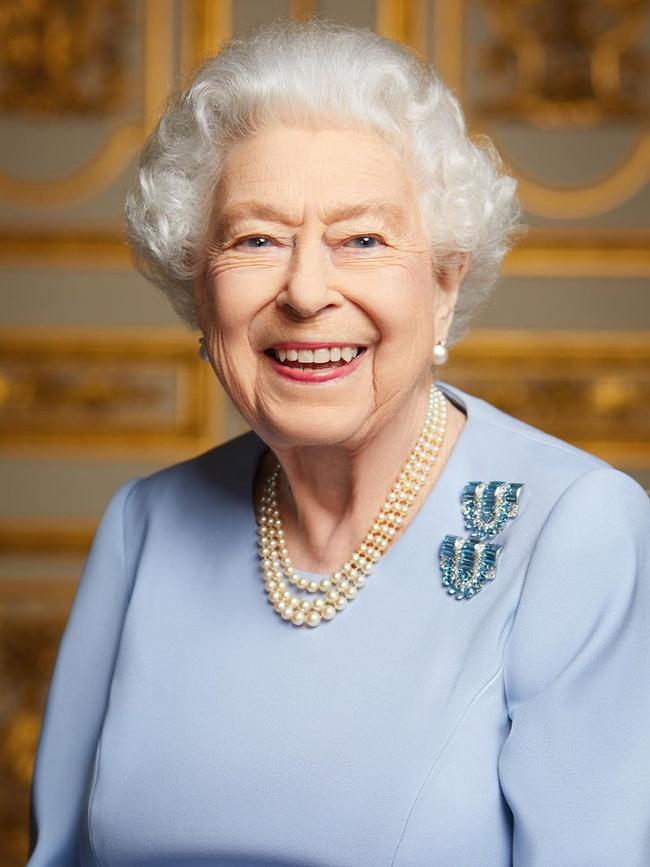
Her son and heir Charles spent time at school here in 1966 at Geelong Grammar and has returned often, coming close to buying an outback property near Cootamundra in 1974 and even discussing the possibility of becoming Australia’s governor-general with two prime ministers.
So the queen’s death this year was an emotional landmark for Australia, perhaps felt more acutely than any other since the death in 1978 of our longest-serving prime minister, Sir Robert Menzies, and was marked by a 16-page commemorative issue of this newspaper on Saturday, September 10.
The Queen was 96, but one of the other people prominent in the nation’s consciousness who died this year was only 52. Hours before Shane Warne’s shocking, untimely death on the first day of a break on the Thai island of Koh Samui, the bloke who was as handy with a phone as with a cricket ball had sent a final tweet on the passing of wicket-keeping great Rod Marsh.
“Sad to hear the news that Rod Marsh has passed,” he wrote. “He was a legend of our great game & an inspiration to so many young boys & girls. Rod cared deeply about cricket & gave so much – especially to Australia & England players.”
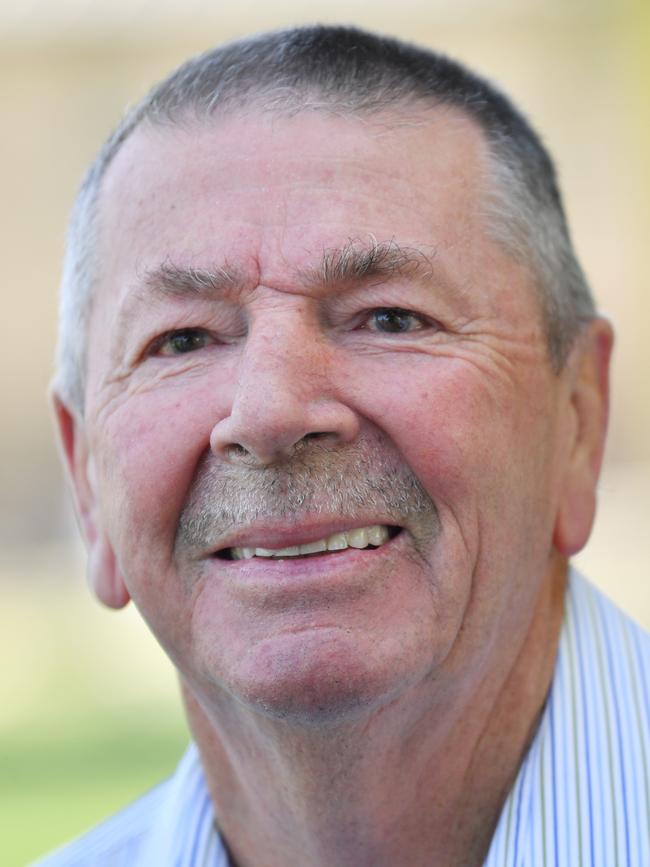
Hours later, Warne was found dead from an apparent heart attack in his hotel room. The well-publicised, colourful life never overshadowed a remarkable career during which he single-handedly revived the almost lost art of leg spin bowling and took a then record number of Test wickets.
He was one of Wisden’s five Cricketers of the Century and the only bowler; his statue has stood outside Melbourne’s MCG since 2011; inside, a stand was named after him this year; and in June, he was posthumously made an Officer of the Order of Australia for service to cricket and his philanthropy.
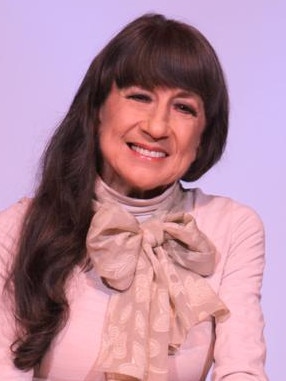
Another great, Seekers singer Judith Durham, died in August. Her crystalline voice was what marked the band out from a crowded field of 1960s folk acts – that and the extraordinary songs of Dusty Springfield’s brother Tom. For many years The Australian tried to interview Tom (real name Dionysius Patrick O’Brien), the author of I’ll Never Find Another You, A World of Our Own, The Carnival Is Over and Georgy Girl. We reached out to him again the day following Durham’s death to discover that his reclusive, solitary life had ended nine days earlier. Durham was 79, Springfield 88.
Another acclaimed singer was lost when Olivia Newton-John passed away at her property in California’s Santa Ynez Valley. It is the town Dolly Parton calls home, and the old friends occasionally performed together, sharing their love of country music. (Stella, Dolly’s sister, recorded Ode To Olivia for their friend.)
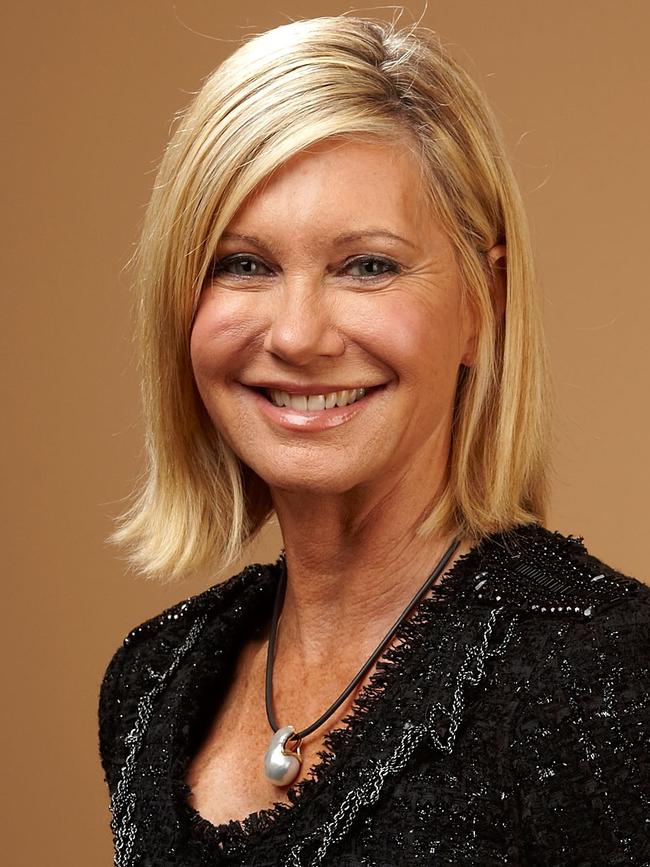
Newton-John was a regular on early Australian television and in 1965 topped a talent contest on Johnny O’Keefe’s Sing, Sing, Sing show, winning a trip to London. After a few false starts, in 1971 she recorded Bob Dylan’s If Not For You, but recreated the George Harrison arrangement of the song which she had heard on his hit All Things Must Pass album.
It rose to No.7 in both the UK and Australia and by the end of that year she had her first No.1 with the unlikely and historic murder ballad Banks of The Ohio. In 1974, she hit the Billboard top 10, lodging 14 singles there over the next decade.
She starred in Grease in 1978 and it remains one of the biggest-grossing films ever. Her co-star, John Travolta, who played Danny to her Sandy, said after her death at age 73: “My dearest Olivia, you made all of our lives so much better. Your impact was incredible. I love you so much. We will see you down the road and we will all be together again. Yours from the first moment I saw you and forever! Your Danny, your John.”
-
R.I.P
ANDREW SYMONDS
(June 9, 1975 – May 14)
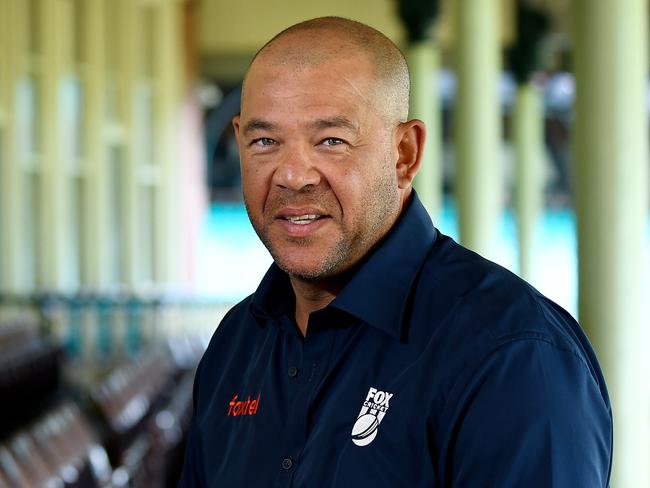
In just two months we saw a sorrowful hat-trick completed when prodigiously talented cricketer Symonds was killed in a single-car accident in the hills of Hervey Range, southwest of Townsville. Shane Warne and Rod Marsh had died weeks before. Former Australian captain Rick Ponting said Symonds was the world’s best fielder. The all-rounder was good with the bat too, and, with just 24 Tests to his name, left a batting average of 40.6.
JACK CHARLES
(1943 – September 13)
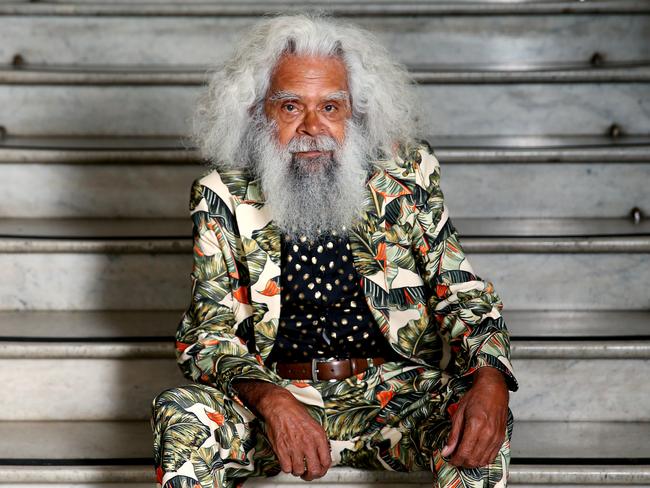
After Charles passed through his orphanage years of abuse, his life twisted and turned down well-trodden paths to alcoholism and addiction. To fund it he robbed from houses, sometimes after appearing on stage. Caught red-handed one day, the homeowner said: “You’re Jack Charles!” She had seen his play Bastardy. “You’re a good actor,” she added, preparing Charles a cup of tea and recommending the Chant of Jimmy Blacksmith star stick with his day job.
ARCHIE ROACH
(January 8, 1956 – July 30)
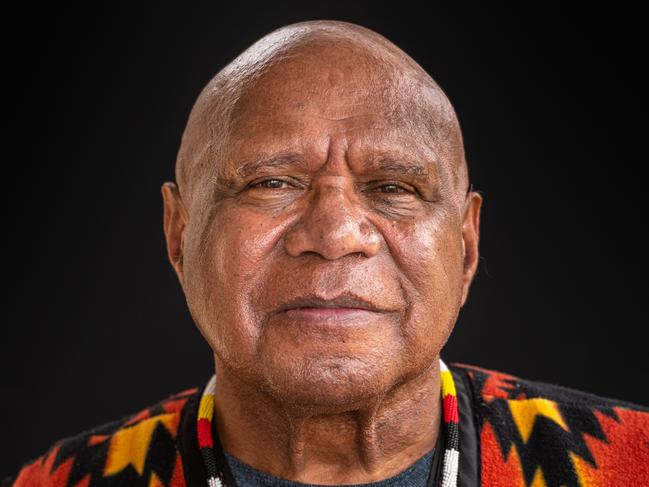
Like his mate Jack Charles, Roach’s early years of unhappiness led to rudderless addictions. He was fostered by a Scottish couple, Alex and Dulcie Cox and was enchanted by Alex’s Scottish music. The Coxes’ daughter Mary showed him the basics of guitar and keyboards. Roach shared stages with Bob Dylan and Joan Armatrading, and his landmark 1990 song, Took the Children Away, put a human face on the calamity of the stolen generation.
FRANK MOORHOUSE
(December 21, 1938 – June 26)
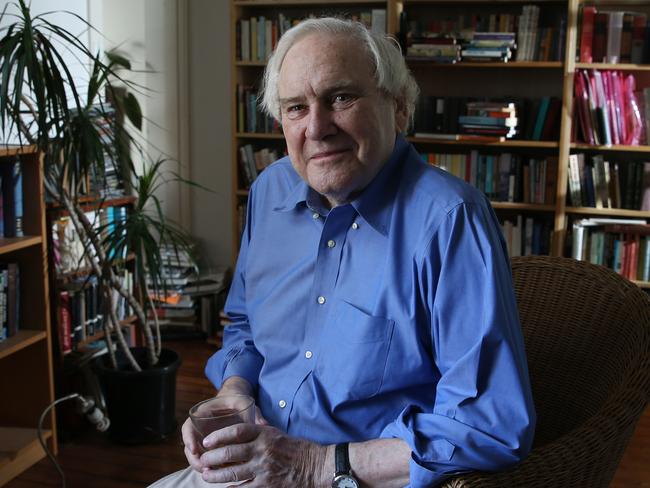
Dark Palace, which won Moorhouse the Miles Franklin award, was part of a trilogy tracing the story of Edith who, after years at the floundering League of Nations, returns to an Australia enmeshed in the complicated postwar world and fearful of communism. The third instalment, Cold Light was shortlisted for the Miles Franklin. The former Daily Telegraph reporter was a member of the Sydney Push and helped codify Australian copyright laws.
PETER REITH
(July 15, 1950 – November 8)
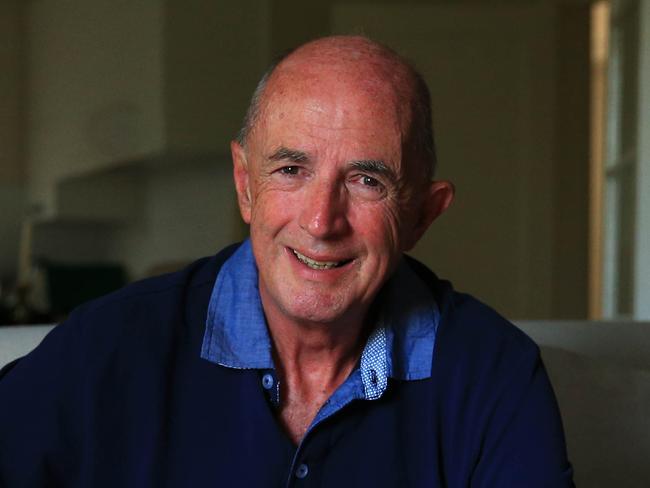
The hard man of John Howard’s government, Reith riskily took on Australia’s notoriously strikebound, inefficient waterfront and helped bring about a revolution, even if the results were mixed. He lost a 1990 Liberal Party leadership ballot to John Hewson who famously failed at 1993’s Unlosable Election: many believe Reith would have won. Former prime minister Tony Abbott described Reith as a giant “in an era of bigger, better political characters”.
GLENN WHEATLEY
(January 23, 1948 – February 1)

Wheatley’s time on bass with the Masters Apprentices coincided with their purple patch: he played on the hits Turn Up Your Radio and It’s Because I Love You, and the landmark album Choice Cuts. He then helped launch Little River Band in the US, while building an empire of radio licences. Managing John Farnham after the singer’s stint in LRB, he hocked his house to fund the Whispering Jack album, transforming both their lives.
NICHOLAS HARDING
(1956 – November 2)
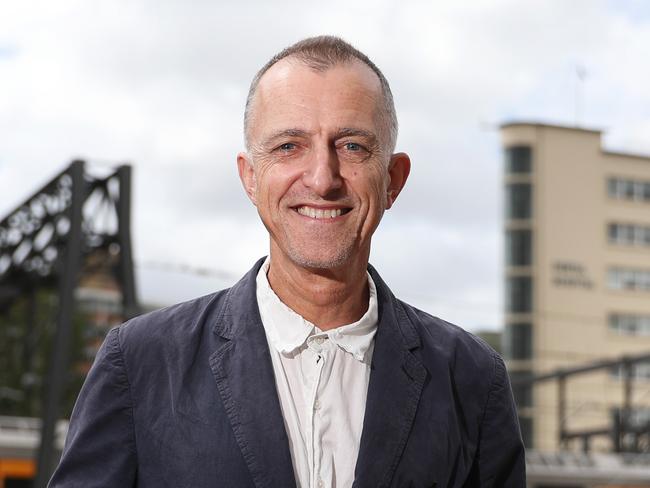
Harding arrived from London as a boy and his family settled on Sydney’s upper North Shore. He painted the people and streets and trees around him as if startled by something locals had failed to see. His John Bell as King Lear won the Archibald, but it was the everyday scenes, like the shadowy tangle of rails and powerlines at the fag end of Central Station, that might win your heart.
PAULA STAFFORD
(June 10, 1920 – June 23)
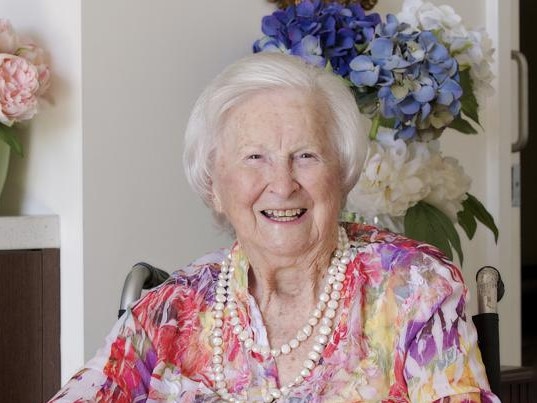
Graduating from Melbourne’s Emily McPherson School of Domestic Economy, Stafford moved to the Gold Coast and, encouraged by wartime shortages, designed two-part swim suits using less material. A beachgoer asked to buy one she was wearing and a leisurewear business was born, quickly moving from her attic to fashion streets. The French may claim it, but the bikini, cut to expose a woman’s navel, was more Cavill Avenue, Surfers Paradise than Champs-Elysees.
LILLIAN FRANK
(January 16, 1930 – August 12)
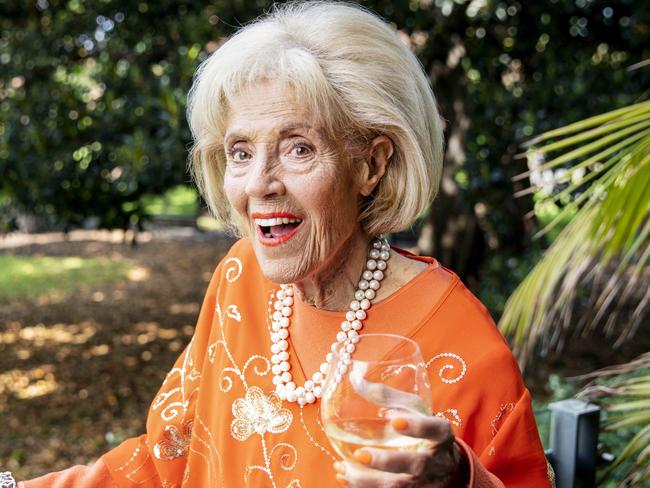
Loud and frank, Lillian knew everyone who mattered – and many who didn’t – in Melbourne, some of whose hair she cut as a society snipper (while gathering snippets for her society columns) from the mid-1960s including, once, the Queen. Her boundless energy was matched by her philanthropy, which aided the Royal Children’s Hospital for 40 years. Herself a great beauty, she is famed for styling Jean Shrimpton’s hair when the model dazzled Flemington racegoers at the 1965 Derby Day.
PAUL GREEN
(September 12, 1972 – August 11)
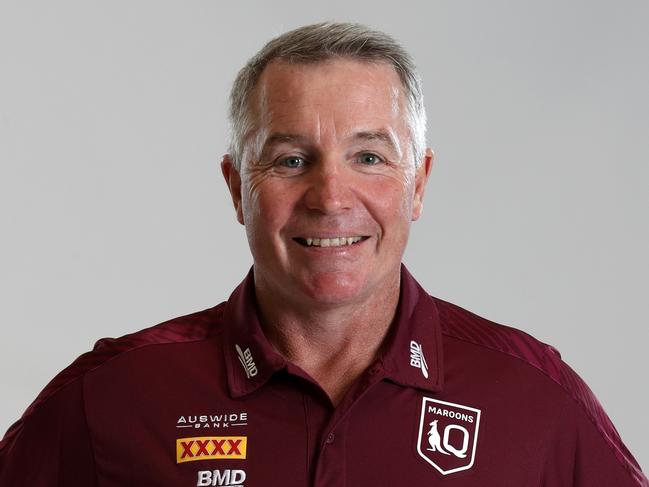
There was just 167cm of him, but no sportsman stood taller, for which he paid a terrible price. Brisbane-born Green played for five National Rugby League teams, notably the Cronulla Sharks and the North Queensland Cowboys, whom he coached to the 2015 premiership. He represented his state and country and won two Rothmans medals. After he took his own life, a post mortem examination revealed he was suffering from advanced concussion-induced chronic traumatic encephalopathy.
CAROLINE JONES
(January 1, 1938 – May 20)
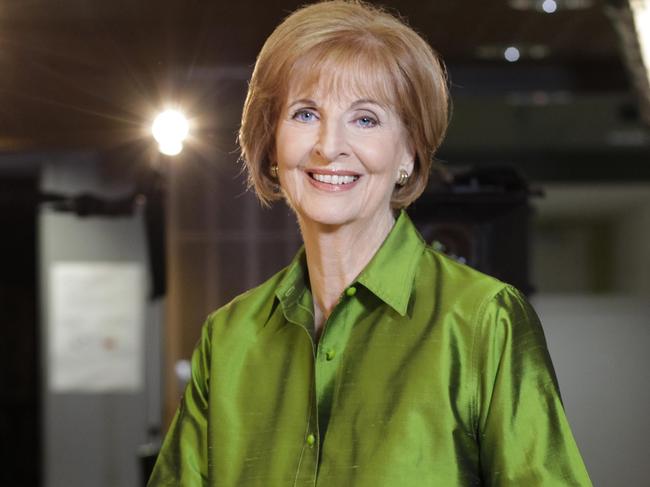
Having allowed herself “to be photographed sitting on a bar stool in a mini skirt, applying lipstick” early in her career, Jones vowed never to again be seen as a gimmick. She married and divorced, chose childlessness, and focused on her career, rising through the ABC, taking over Four Corners and winning a Logie for her outstanding contribution to television journalism in her first year and, later, a Walkley Award for the same. She was the founding, and long-time, presenter of Australian Story.
ANGELA LANSBURY
(October 16, 1925 – October 11)
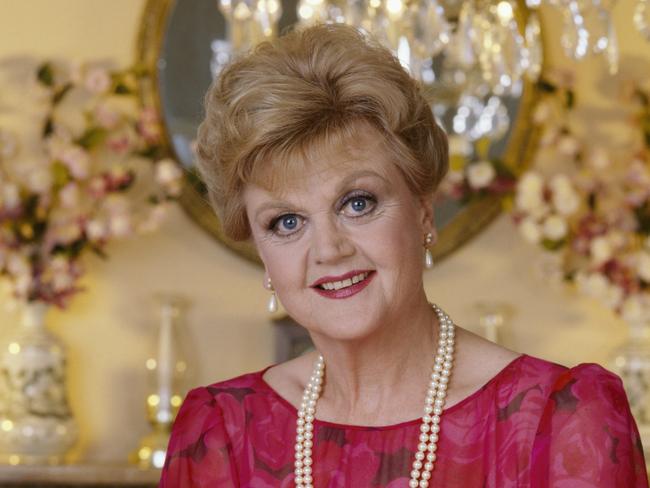
The Merriam-Webster word of 2022 is gaslighting, a misused expression dating back to Lansbury’s 1944 film debut of that name. She played the maid drawn into an evil plot by a man who tricks his wife into believing she’s going insane. Lansbury’s father was an MP and communist mayor in London. She left the capital during the Blitz. A B-lister, she nonetheless was nominated for three Academy awards before becoming a television legend with Murder, She Wrote.
MIKHAIL GORBACHEV
(March 2, 1931 – August 30)
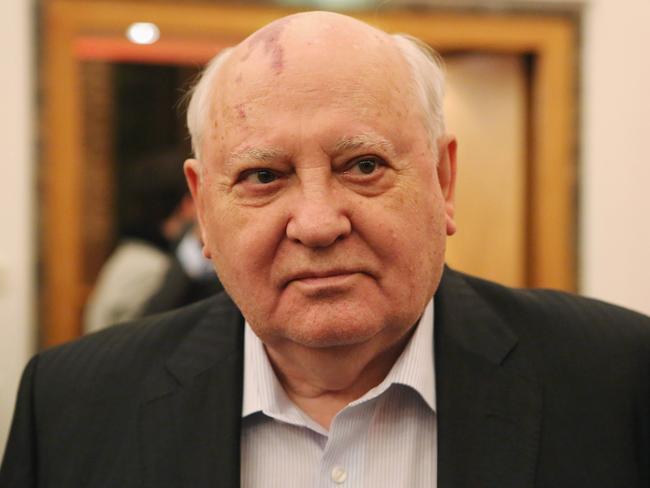
The president of the former Soviet Union, who instituted the reforms of glasnost (openness) and perestroika (restructuring), presided over the 1991 breakup of the USSR which led to the reunification of Germany. The son of peasants who became a lawyer before entering politics and in 1990 won the Nobel Peace prize, lived to see the current Russian president, Vladimir Putin, invade Ukraine. Mr Putin did not attend his predecessor’s funeral due to scheduling issues.
CHRISTINE McVIE
(July 12, 1943 – November 30)
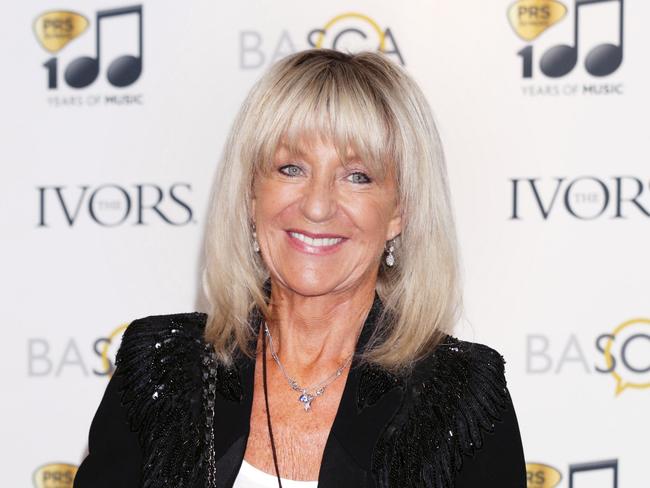
A series of gifted, often troubled, musicians passed through Fleetwood Mac after 1969’s glancing flourish of fame. But the band’s mid-1970s resurgence was driven by the irresistible, if deceptively simple melodies framed by keyboardist Christine McVie’s songs: Over My Head, Say You Love Me, You Make Loving Fun, Everywhere, Little Lies and Don’t Stop, Bill Clinton’s presidential campaign theme song. The band performed it at his inaugural ball.
SHINZO ABE
(September 21, 1954 – July 8).

That Shinzo Abe was assassinated was shocking enough; it was a double blow that Japan’s longest-serving, two-time prime minister had been shot in a country with very low rates of gun violence, while campaigning for a colleague. Abe came from a political family and left a mixed legacy: he sought a vigorous foreign affairs role for his country and a more robust defence force, but downplayed the many crimes of Japanese imperialism. The jury remains out on his “Abenomics “ reforms.
MADELEINE ALBRIGHT
(May 15, 1937 – March 23)
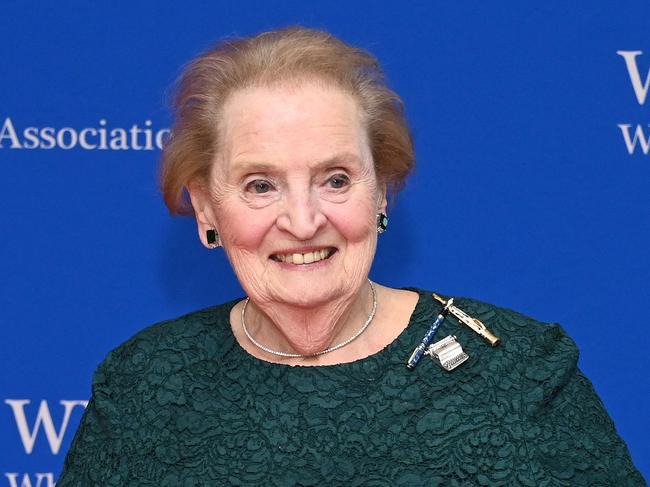
The 64th US secretary of state, the stylish, brooch-wearing Madeleine Albright, was, like the 56th SOS, European-born Henry Kissinger, notably aggressive in defence of her adopted country’s interests. “If we have to use force, it is because we are America; we are the indispensable nation,” said the first woman to hold the post, who had been born in Prague. “We stand tall and we see further.” Inaugural Czech Republic president Victor Havel hoped Albright would succeed him.
PELE
(October 23, 1940 – December 29, 2022)
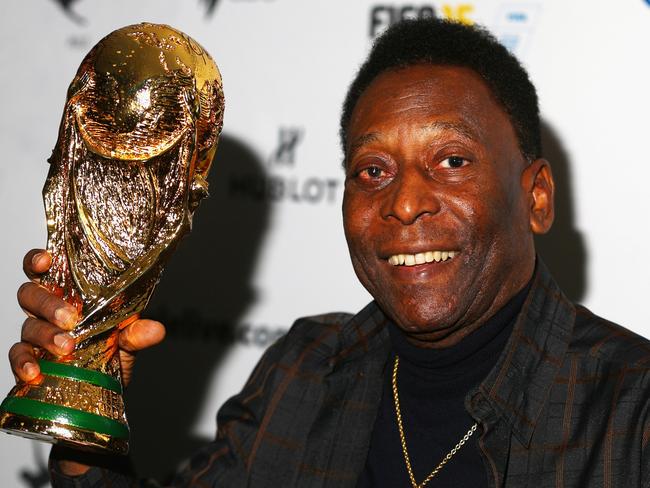
Edson Arantes do Nascimento, a national hero in Brazil, was dubbed athlete of the 20th century by the International Olympic Committee and regarded as one of the greatest players of all time. He was part of the national team that won World Cups in 1958, 1962 and 1970. Pele joined the Sao Paulo club Santos in his mid-teens and played there from 1956 to 1974, followed by a short stint for the New York Cosmos and scored a record 1281 goals in 1363 matches. He retired in 1977.


To join the conversation, please log in. Don't have an account? Register
Join the conversation, you are commenting as Logout